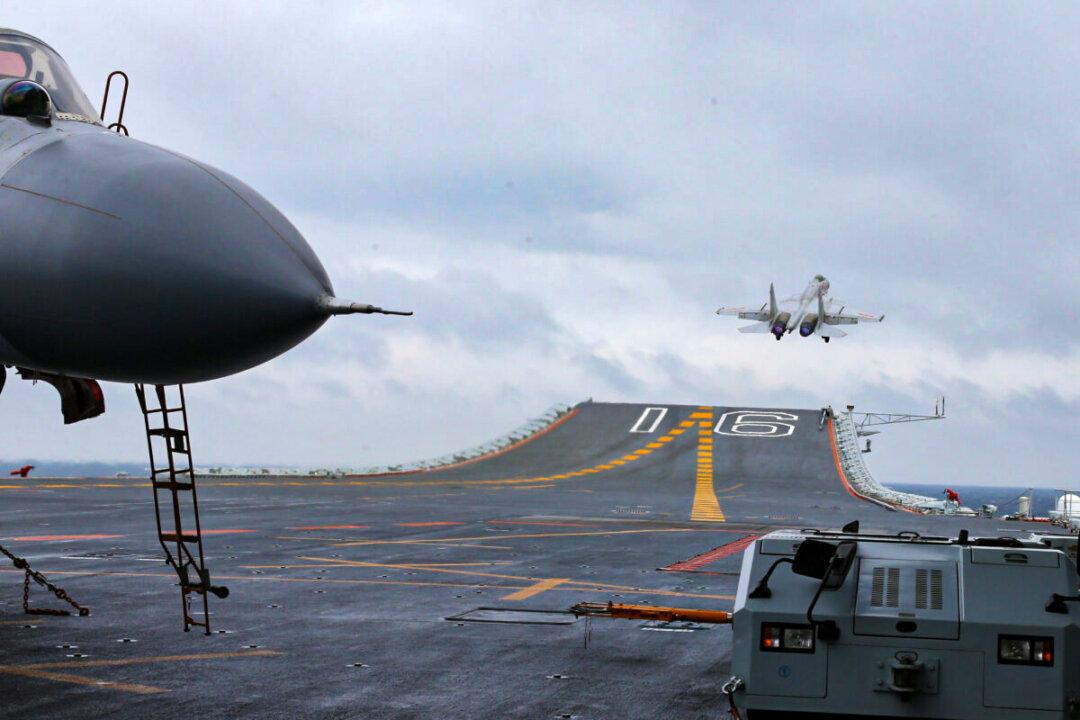The latest Pentagon annual report on China’s military power reveals that the communist regime has outdone the United States in the Indo-Pacific region, according to retired Brig. Gen. Robert Spalding.
The Department of Defense’s annual China Military Power Report (pdf), released on Nov. 29, serves as an authoritative assessment of the military power and strategy of the Chinese regime, which the department considers to be the United States’ “pacing challenge.”




